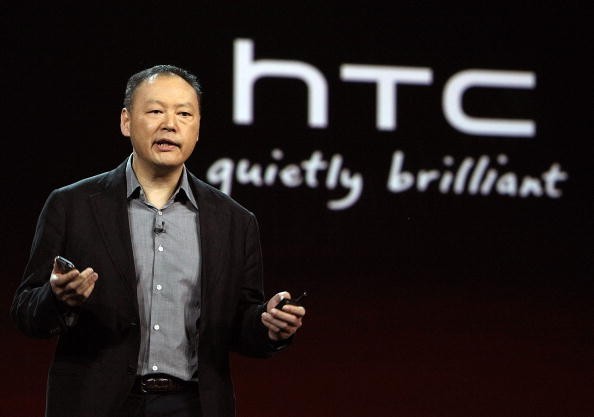Leading technology powerhouse HTC Corp. is developing smartphone-based virtual reality goggles, China Daily reported, as it eyes to boost revenues.
"We have been working on VR equipment that can work with smartphones and tablets," Raymond Pao, VR new technology's associate vice president, said.
The news comes after the firm has opened pre-orders for its HTC Vive VR headsets.
HTC Vive is currently compatible with personal computers and consoles.
"It is a very important research direction, but we will only release the mobile version when we think it can deliver the best immersive experience to consumers," Pao further said.
VR equipment offers a 360 digital world where consumers can perform tasks that are impossible or difficult to do in real life, such as riding spaceships and fighting against zombies.
Asked about how many Vive headsets had been pre-ordered, Pao declined to comment but revealed that the numbers were beyond expectations.
In an earlier Twitter status posted by HTC's VR product specialist, the firm sold over 15,000 units in the first 10 minutes last Feb. 29.
The gadget, packed with a headset, two motion sensors and two wireless controllers, will hit the streets in April.
Apart from HTC, rivals Oculus Rift of Facebook Inc. and Magic Leap backed by Google Inc. are also on the race to get the biggest share in the lucrative VR market.
Meanwhile, HTC's Chinese VR business officer-in-charge Alvin Wang Graylin noted that the company is eyeing to open over 100 VR experience stores this 2016.
Graylin also said HTC is in talks with partners such as Internet shops in various countries.
Back in November, the firm signed a deal with Hangzhou Shunwang Technology Co. Ltd., a management software provider to Internet cafes in the country.
The deal states the cooperation between the two companies in promoting VR games in China.
According to research firm Digi-Capital, the global VR industry can generate an estimate $30 billion worth of revenue by 2020, with 50 percent coming from VR games and the half, from hardware, theme parks and films.
For analyst She Shuanglin of Beijing-based Analysis International, HTC's VR endeavor reflects its goal of diversifying revenues as the company's smartphone business has been facing fierce competition.
"HTC is a leader in PC-based VR headsets which chiefly target hardcore gamers and movie fans," She said. "The involvement in smartphone-based VR goggles will help it reach more consumers, especially those who are more price-sensitive."
"Such smartphones will give the company an unrivaled edge over competitors, but it is not an easy job," the analyst noted.



























